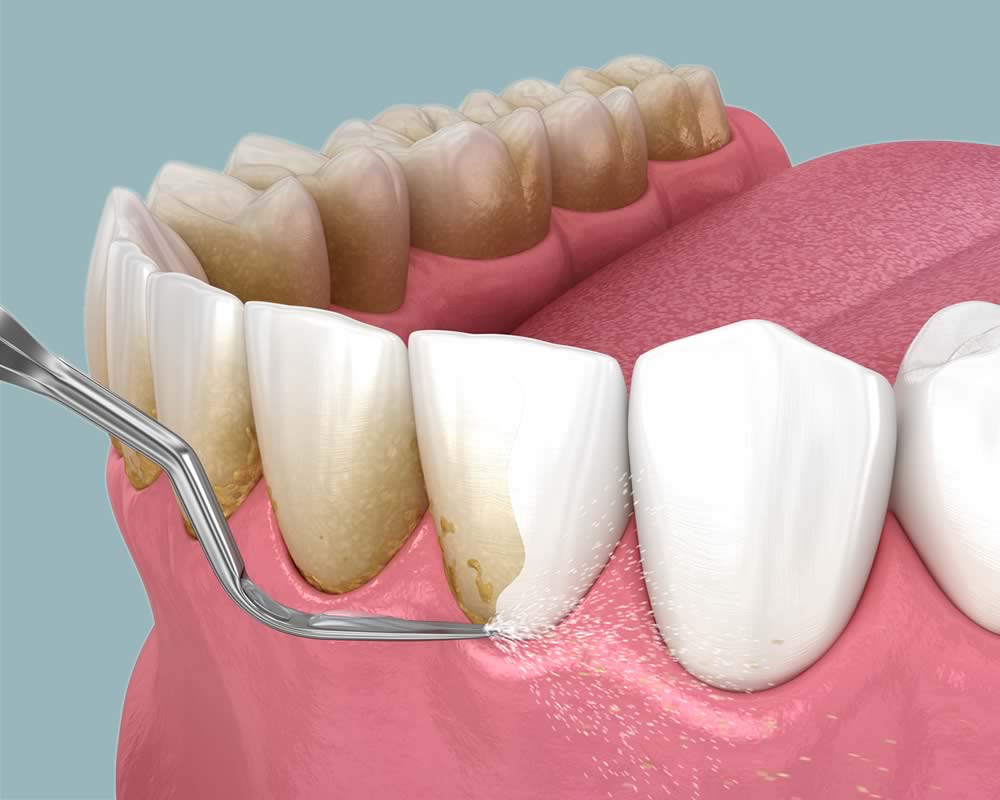The 21st century has brought remarkable advancements in medical science and technology, yet paradoxically, the longevity of teeth appears to be on the decline. This unexpected trend can be attributed to various factors, ranging from dietary changes to evolving lifestyles. Despite improvements in dental care, the increasing need for comprehensive treatments indicates that tooth restoration may be a fix too late for many individuals.
Modern Diets and Their Impact
One of the most significant contributors to the declining longevity of teeth is modern diet. The 21st century diet is heavily laden with sugars and processed foods, which are major culprits in the development of dental caries and erosion. The consumption of acidic beverages, such as sodas and energy drinks, exacerbates this issue by weakening enamel, the tooth’s protective outer layer. Despite public health campaigns promoting reduced sugar intake, the prevalence of sugary foods and drinks remains high, contributing to widespread dental problems.
Lifestyle Changes and Oral Health
Lifestyle changes in the 21st century also play a critical role in the declining longevity of teeth. Increased stress levels, often resulting in habits such as teeth grinding (bruxism), lead to significant dental wear and tear. Additionally, the rise in the popularity of tobacco and vaping products has detrimental effects on oral health, including gum disease and tooth decay. While smoking has long been known to harm dental health, vaping introduces new risks with chemicals that can damage both teeth and gums.
Tooth Restoration May Be a Fix Too Late
As dental issues become more prevalent, the reliance on restorative procedures has surged. Tooth restoration techniques, including fillings, crowns, and implants, aim to repair damaged teeth and restore functionality. However, these solutions often address the symptoms rather than the underlying causes of dental problems. By the time restorative procedures are needed, significant damage has often already occurred, highlighting the adage that tooth restoration may be a fix too late.
The increasing incidence of restorative dental treatments underscores the importance of preventive care. Regular dental check-ups, good oral hygiene practices, and dietary modifications are crucial in maintaining the longevity of natural teeth. Unfortunately, many individuals delay seeking dental care until problems become severe, at which point restorative treatments are necessary but may not fully restore the original health and longevity of the teeth.
The Role of Comprehensive Treatments
In response to the growing dental health challenges comprehensive treatments are becoming more common. These treatments go beyond simple restorative procedures to address multiple aspects of dental health. Comprehensive dental care includes preventive measures, early intervention, and advanced restorative techniques designed to manage and mitigate extensive damage.
For example, a comprehensive treatment plan for a patient with advanced gum disease might involve deep cleaning, surgical interventions, and ongoing maintenance to prevent recurrence. Similarly, patients with severe tooth wear from bruxism may benefit from a multi-faceted approach that includes bite guards, restorative work, and stress management strategies. By addressing the root causes of dental problems and providing holistic care, comprehensive treatments offer a more effective solution for preserving dental health.
Technological Advancements in Dentistry
The 21st century has also seen significant technological advancements in dentistry, which have revolutionized the way dental care is delivered. Digital imaging, laser treatments, and computer-aided design and manufacturing (CAD/CAM) have enhanced the precision and efficiency of dental procedures. These technologies enable early detection of dental issues and more accurate restorations, contributing to better outcomes.
Despite these advancements, the fundamental challenge remains: preventing dental problems before they necessitate intervention. While technology can enhance the quality of dental care, it cannot replace the need for preventive measures and healthy lifestyle choices.
The Importance of Education and Awareness
Education and awareness play a pivotal role in reversing the trend of declining tooth longevity. Public health initiatives aimed at educating individuals about the importance of oral hygiene, healthy eating habits, and regular dental visits are essential. Schools, workplaces, and community organizations can all contribute to spreading knowledge about effective dental care practices.
Moreover, addressing socio-economic barriers to dental care is crucial. Many individuals, particularly those in underserved communities, lack access to regular dental services. By improving access to dental care and promoting preventive practices, it is possible to enhance the longevity of teeth across diverse populations.
The declining longevity of teeth in the 21st century is a multifaceted issue influenced by modern diets, lifestyle changes, and delayed dental care. While restorative treatments are essential, they often come too late to fully restore dental health. Comprehensive treatments are becoming more common as they offer a holistic approach to managing dental issues. However, the key to reversing this trend lies in preventive care, education, and addressing socio-economic barriers to dental services. By prioritizing these measures, it is possible to improve the longevity of teeth and overall oral health in the 21st century.




